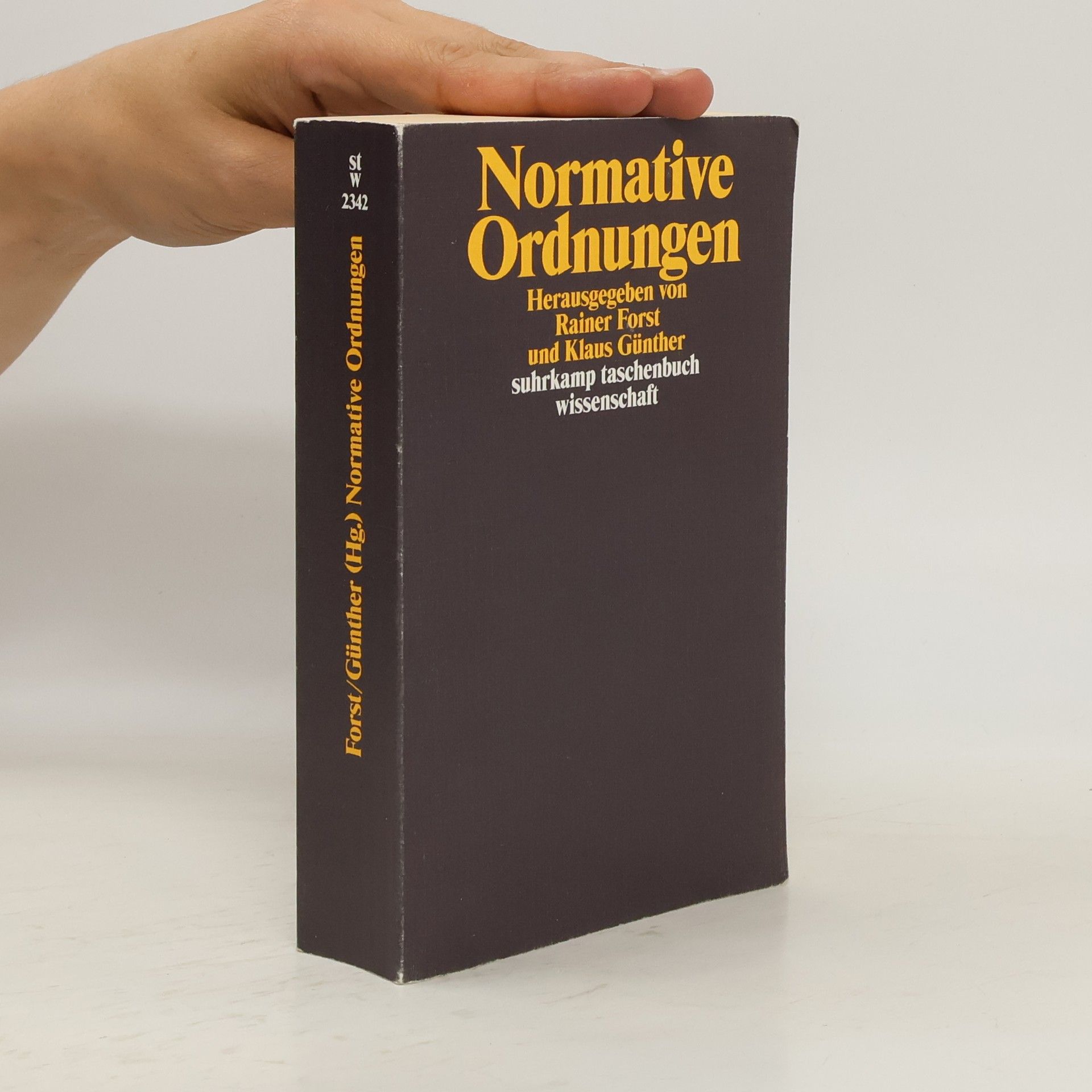The Noumenal Republic
- 256 pages
- 9 hours of reading
All human beings are born with equal dignity and possess equal rights. This statement appears normatively just as irrefutable as it is empirically refuted every day. But what are the grounds of this principle, and how should we think about its realization? Its philosophical truth can best be explained by going back to (and beyond) Kant’s notion of a ‘noumenal republic’ in which every person is an equal co-author of the laws that bind all. At the same time, a critical analysis of society and politics must show the extent to which the reality of power and ideology makes a mockery of this constructivist conception of dignity. To bridge the gap between unworldly idealism and practical hopelessness, we need a critical theory after Kant. Rainer Forst, one of the world’s most influential political philosophers, works to develop just such a theory in this powerful and illuminating volume. It contains no less than a new systematic account of concepts such as alienation, progress and regression, solidarity, human rights, justice, power and non-domination.



